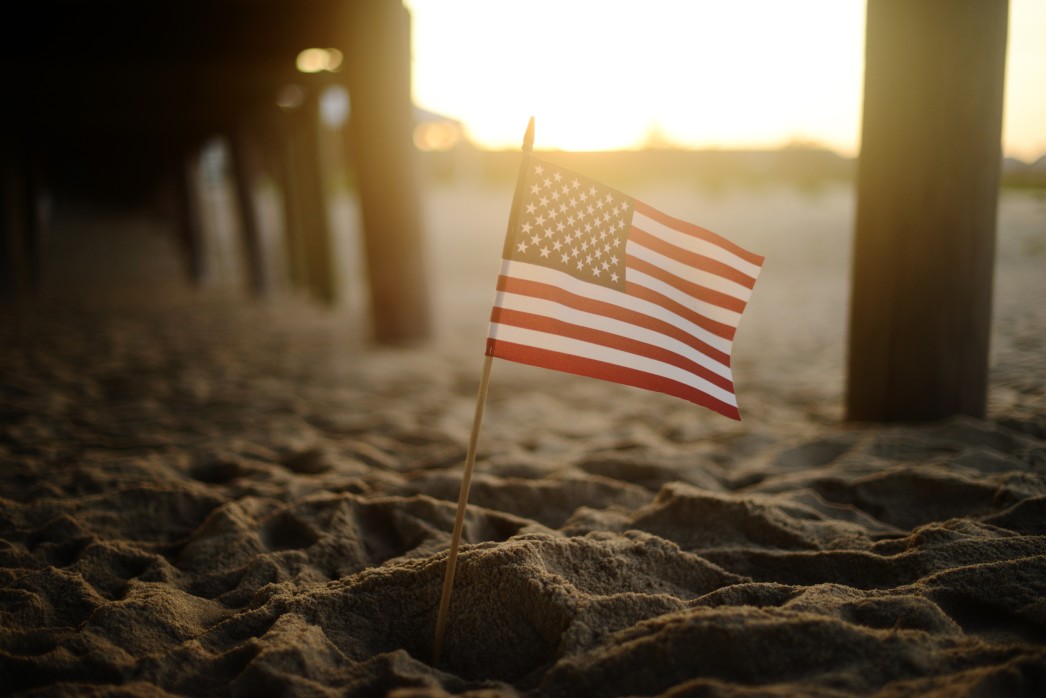AEI’s Initiative on Faith & Public Life is pleased to announce its sixth annual call for faculty essays, which is being co-sponsored by Faith & Economics, the journal of the Association of Christian Economists. We will be accepting submissions until Monday, November 30, and will select up to four essays which we will edit, compile, and publish on our website and in a hard copy format. Selected essays will also be published in the spring issue of Faith & Economics. Additional submissions (beyond those four) will also be considered for publication in the spring issue of Faith & Economics.
For reference, past faculty essay compilations sponsored by our initiative have included: Visions for Christian Public Life; The Future of Liberalism; The University at a Crossroads; Is America Coming Apart?; and A World Without Work.
Although we are not yet sure what the event will look like this year, the authors of selected essays will present their work as part of a mini-symposium during the Initiative on Faith & Public Life’s annual Faculty Retreat, set to take place on January 8–10, 2021. The retreat will either be hosted virtually or, conditions permitting, in-person in Southern California, and is typically attended by around 50 Christian college faculty in our network. Although invitations to the faculty retreat are limited due to capacity, authors of selected essays will receive an automatic invitation, which—for the in-person event—includes housing, meals, and a travel stipend. Authors will also receive a $1,000 honorarium. (Note: While not guaranteed, professors who submit an essay that is not selected will also be under serious consideration to receive an invitation to the retreat.)
Without further ado, the theme for this year’s call for essays is as follows:
In the contemporary United States, what would a truly humane economy look like?
Although we live in the richest society in the history of the world, many on both the Left and the Right are increasingly unhappy with the American free market economy. There is a sense among many that we have over-emphasized individuality at the expense of solidarity—the result of which is growing inequality, weakened families, and hollowed out communities. Similarly, some argue that in our tireless pursuit of economic productivity, we have lost a meaningful understanding of what actually constitutes individual and societal flourishing. And for those who take these critiques seriously, a significant question arises: Are fundamental changes to our economic system required to address these concerns or will more superficial reforms suffice?
We believe there is new urgency to seek creative, nuanced answers to these complex questions. We hope this topic will generate essays from a number of disciplines, including economics, philosophy, theology, history, and political science. Key questions that could be explored include, but are not limited to:
- Is there a need for fundamental changes to our economy? Or are calls for serious change misguided? And how will the COVID-19 pandemic affect the economy? Will it be an impetus for major reform?
- Borrowing the words of Sen. Marco Rubio, what would “common good capitalism” look like? Or to use another Senator’s words, are we currently promoting a Promethean understanding of the self? What would it look like to have an economy more grounded in a proper human anthropology?
- Can our society still agree upon a shared conception of the common good that we could direct our economic activities toward? Or is our inability to do so the reason we have limited ourselves to goals of economic efficiency and productivity?
- For conservatives, is it time to move past the economic policies of the Reagan-era (lower taxes, deregulation, free trade, etc.) which emphasize individual liberty, in favor of alternative policies that emphasize solidarity?
- What are practical public policies or changes in business (or social) practices that would create a more humane economy? For example, should we have more robust paid family leave—either privately- or publicly-sponsored? Should constraints be placed on corporations?
- As Christians, how can we participate in the contemporary economy faithfully (as producers and consumers)? Do we have any unique obligations? Can we engage in our economy without becoming materialists or consumerists? Is “abundance without attachment” possible?
Essays should:
- Be original works of writing 3,000 – 4,500 words in length;
- Include formal citations (footnotes or endnotes);
- Be well-researched, while written in an engaging tone;
- Be submitted by end of the day Monday, November 30 to Tyler Castle at tyler.castle@aei.org.
Note: Essays may be co-authored by two or more faculty members. If the essay is selected, all authors will be invited to the retreat and the honorarium will be divided equally.
If you have any questions, please contact Tyler Castle, Director of the Initiative on Faith & Public Life, at tyler.castle@aei.org.



